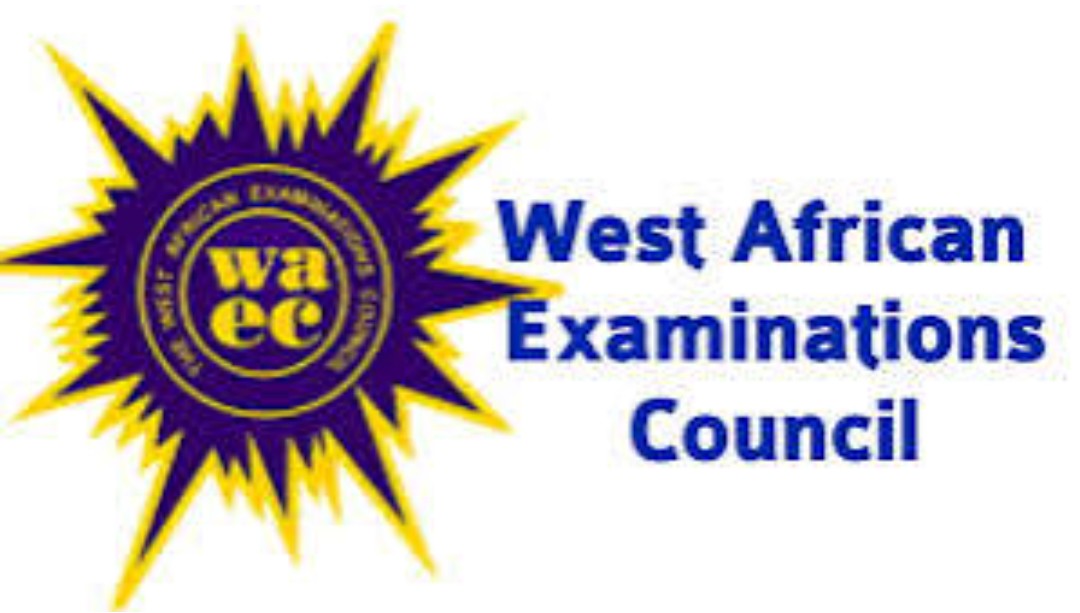According to UNICEF, education is a basic human right. It is the foundation upon which individuals build their futures. Starting quality education at a early age is the foundation of a child’s journey: every stage of education that follows relies on its success. Educating the young ones is not just a necessity; it is a cornerstone for building a better future.
The purpose of education has been defined in many ways. Education is the most powerful weapon which you can use to change the world (Nelson Mandela); it is the key to unlock the golden gate of freedom (George Washington Carver); it is not preparation for life, it is life itself (Jon Dewey). From the cradle till one enters the grave, man is always in the process of learning. Therefore, it is important to start at a very young age.
Education is the bedrock of personal development. Education equips young people with the knowledge and skills they need to navigate life successfully. It aids critical thinking, problem-solving abilities, and intellectual curiosity. By learning to read, write, and engage in complex reasoning, children gain confidence in their abilities and become empowered to pursue their goals and aspirations.
One of the most popular importance of education is that it is a powerful tool in the fight against poverty. Education is a powerful driver of economic growth and poverty reduction. It provides individuals with the skills needed to improve their livelihoods and break the cycle of poverty. It opens doors to better job opportunities and higher incomes. Educated individuals are more likely to secure stable employment and are less vulnerable to economic fluctuations. Educated individuals are better equipped to access economic opportunities and improve their living standards. This has a ripple effect, benefiting families and communities and contributing to national prosperity. Teaching the young ones early helps open their eyes of opportunities at a very young age and help them navigate how to seize every opportunity that comes their way.
Education plays a crucial role in promoting social cohesion and civic participation. It fosters a sense of community and shared values, encouraging individuals to engage in civic activities and contribute to societal well-being. Educated individuals are more likely to participate in democratic processes, advocate for their rights, and hold their governments accountable. It also helps open their eyes of the young ones to certain issues that needs to be addressed in the society. For instance, Education is a key factor in promoting gender equality. It empowers girls and women by providing them with the knowledge and skills needed to break the cycle of poverty and discrimination.
Education significantly enhances cognitive development. Early childhood education, in particular, is crucial for brain development. It lays the foundation for lifelong learning and cognitive skills such as memory, attention, and reasoning. By providing a stimulating and supportive learning environment, we can help young children develop their full cognitive potential. Education also plays a vital role in the development of emotional and social skills. Through interactions with teachers and peers, children learn to express their emotions, develop empathy, and build healthy relationships. These skills are essential for personal well-being and success in various aspects of life, including family, work, and community. A well-rounded education nurtures creativity and innovation. By encouraging curiosity and exploration, education helps young people develop their creative talents and think outside the box. This ability to innovate is crucial in today’s fast-changing world, where new challenges and opportunities constantly arise.
To ensure every child has access to education, we must eliminate barriers such as poverty, discrimination, and conflict. This requires targeted policies and interventions to reach the most marginalised and vulnerable populations. Governments, non-governmental organisations, and international bodies must work together to provide free and compulsory education for all children.
Access to education is not enough; the quality of education is equally important. This includes well-trained and motivated teachers, adequate learning materials, and safe and conducive learning environments. Curriculum development should focus on both academic and life skills, preparing students for the complexities of the modern world.
Investing in early childhood education is crucial for long-term success. Early learning programmes help children develop essential skills and prepare them for primary education. Governments should prioritise early childhood education and ensure that all children have access to quality pre-primary education.











